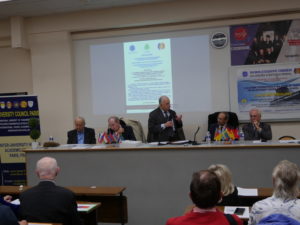
By Prof. J.S.K.Jayasekara, PhD
The 17th World Scientific Congress took place from September 21st to 23rd, 2024, in Paris, coinciding with the International Day of Peace. Organized by the Ararat International Academy of Sciences and the Inter-University Higher Academic Council, the congress brought together prominent scientists and leaders from 32 countries. This year’s theme, “Recent Progress in Science and Scientific Culture for Peace,” emphasized the role of scientific knowledge in fostering peace, understanding, and societal progress.
Celebrating International Peace Day
The event began with a celebration of the International Day of Peace, where many distinguished professors and leaders addressed the audience. The speeches underscored the importance of peace in a world troubled by global conflicts. Prof. Agop Kerkiacharian, President and Founder of the Ararat International Academy of Sciences, delivered a compelling speech on the significance of peace, urging participants to continuously strive for harmony and mutual respect. He emphasized that peace must remain a central priority in our lives, both in personal interactions and at a global level.
Prof. Kerkiacharian also highlighted the connection between peace and science, noting that both fields aim to improve the well-being of humanity. He called on participants to use their knowledge to foster understanding across cultural and national divides, making peace a tangible reality through scientific collaboration.
Commemorating Historic Events for Science and Peace
Prof. Kerkiacharian commemorated two notable anniversaries: the 50th anniversary of the First Armenian World Medical Congress and the 25th anniversary of the UNESCO World Scientific Congress in Budapest. These milestones represent significant achievements in the advancement of both science and peace. The congress also celebrated the creation of key peace-focused initiatives under the Ararat Academy, including the International Peace Agency (AIP) and the Universal Scientific Institute for Justice and Peace, reaffirming the commitment to use science as a tool for justice, equality, and peace.
Contributions from Distinguished Speakers
Several prominent figures delivered insightful speeches during the congress, all emphasizing the importance of peace and the role of science in maintaining it:
- Prof. Agop Kerkiacharian – As President and Founder of the Ararat International Academy of Science, Prof. Kerkiacharian spoke about the long-standing mission of the Academy to foster peace through scientific advancement. He emphasized the need for global cooperation and the application of scientific knowledge for the betterment of society, underscoring the importance of education and cultural exchange in achieving lasting peace.
- M. Bahjat Rizk, representing Son Excellence Monsieur l’Ambassadeur Mustapha Adib, Lebanon’s ambassador to UNESCO, highlighted the role of diplomacy and culture in fostering peace. He accentuated the importance of peaceful dialogue among nations and cultures, emphasizing that science and culture are key components in bridging divides between peoples.
- Prof. Denis Fadda, President of the international organization La Renaissance Française, spoke about the cultural heritage of peace, noting that peace is not merely the absence of conflict but the presence of justice, equality, and respect for human dignity. He called for a renewed commitment to these principles, urging the scientific community to lead by example.
- General Serge Barcellini, Comptroller General of the Armed Forces and President General of the Souvenir Français, addressed the role of memory and historical understanding in maintaining peace. He explained how learning from past conflicts can guide future actions, and how honoring the sacrifices of those who fought for peace ensures that their legacy lives on.
- Prof. Santhi Jayasekera, President of the Inter-University Higher Academic Council, delivered an enthusiastic speech about the interconnectedness of science and peace. He urged scientists to act as stewards of peace, not only advancing knowledge but also using it to solve pressing global challenges such as inequality, climate change, and poverty.
- Dr. Vartan Tachdjian, Vice-President of the Armenian Medical Association Mondiale, focused on the role of medical sciences in creating a healthier and more peaceful world. He spoke about how medical innovation can help alleviate suffering and promote stability in conflict-ridden regions.
- Prof. Lucie Calderon, President of the Grand Prix Humanitaire de France, emphasized the humanitarian aspect of peace, noting that peace is incomplete without addressing the needs of the vulnerable. Her speech called for greater investment in humanitarian efforts to ensure that no one is left behind in the pursuit of global peace.
- M. Jean-Claude Baudry, President of the Ligue Universelle pour le Bien Public, highlighted the role of public good in maintaining peace. He pointed out that peace is a shared responsibility that extends beyond governments to individuals and organizations. He urged scientists to contribute their expertise to the global public good by ensuring that scientific advancements benefit all people.
- Dr. Peter Bertagnoll, President of Elox GmbH (Austria), pointed out the importance of innovation in fostering peace. He highlighted how technological advancements can help reduce inequalities, improve access to resources, and create opportunities for collaboration between nations.
- Prof. J.S.K. Jayasekara, Vice Present of Inter University Higher Academic Council, delivered a compelling address on the essential connection between science and peace. He underscored that peace is foundational for scientific progress and called for global collaboration to use scientific knowledge in addressing pressing challenges. He emphasized that a stable and harmonious environment is crucial for meaningful scientific advancements and the betterment of humanity.
Special Recognition for Sri Lankan Leadership
A significant highlight of the World Scientific Congress was the formal recognition of key figures who played pivotal roles in ending Sri Lanka’s tragic 30-year civil war. The congress, dedicated to promoting global peace, underscored the importance of acknowledging those who have contributed to the restoration of stability in conflict-ridden regions.
Among the notable acknowledgments was the approval to honor former President of Sri Lanka, Mr. Mahinda Rajapaksa, with the prestigious ” World Peace Award ” title, in appreciation of his decisive leadership and unwavering commitment, in bringing the decades-long conflict to a decisive end in 2009. It was evident that his tireless efforts instilled a renewed sense of hope and optimism among the people of Sri Lanka, offering them the prospect of a stable and brighter future.
In addition, the congress approved honoring former Secretary of Defense and former President of Sri Lanka, Mr. Gotabaya Rajapaksa, with the “World Peacekeeper Award” for his pivotal role as a key strategist during the war. His contributions were instrumental in the military’s success, securing long-term national security and peace, and ensuring the country’s future stability.
Moreover, the below-listed military generals and officials, who played crucial roles in orchestrating the efforts to end the conflict, were also recognized with top-awards. Their unwavering dedication and significant commitment to peace were commended and appreciated by the congress.
- Major General Jagath Dias
- Brigadier Shavendra Silva
- Brigadier Shavendra Silva
- Major General Jagath Jayasuriya
- Brigadier Chagie Gallage
- Field Marshal Gardihewa Sarath Fonseka
- Major General Kamal Gunarathna
- Brigadier Satyapriya Liyanage
- Major General Nandana Udawatta
- Brigadier Rohana Bandara
- Colonel Nishantha Wanniarachchi
- Former SDIG Ravi Senaviratne
- Former IGP Deshabandu Tennakoon
- SDIG Priyantha Weerasuriya
- SDIG Waruna Jayasundara
- SDIG Ajith Rohana
- DIG Jagath Vishantha
- SSP Anurudda Bandaranayake
Although the Sri Lankan Civil War ended in 2009, the recognition of these esteemed officials by the World Scientific Congress in 2024 is a testament to the lasting peace and stability that Sri Lanka has continued to experience over the past 15 years. In a world where conflict and violence still plague many regions, the Congress emphasizes the long-term impact of those who have dedicated their lives to restoring and sustaining peace in their nations and serves as a powerful reminder that leadership, perseverance, and strategic actions can bring about lasting stability. Sri Lanka’s journey from war to peace offers hope to all conflict-ridden regions today, showcasing that peace must not only be achieved but continuously nurtured and celebrated as a beacon for global harmony.
Science and Peace in Focus
The congress also saw a wide range of scientific presentations aligned with the theme “Science for a Better World.” Researchers from various disciplines shared groundbreaking work, contributing to global discussions on how scientific advancements can promote peace, equality, and sustainability.
The 17th World Scientific Congress was a powerful gathering of scientific minds and leaders, unified in their commitment to fostering peace through science. Held on the International Day of Peace, this congress reaffirmed the role of science as a beacon of hope and progress. As Prof. Agop Kerkiacharian aptly stated, “Science for Peace”remains a guiding principle in a world where global cooperation and understanding are more important than ever.
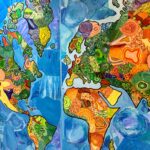




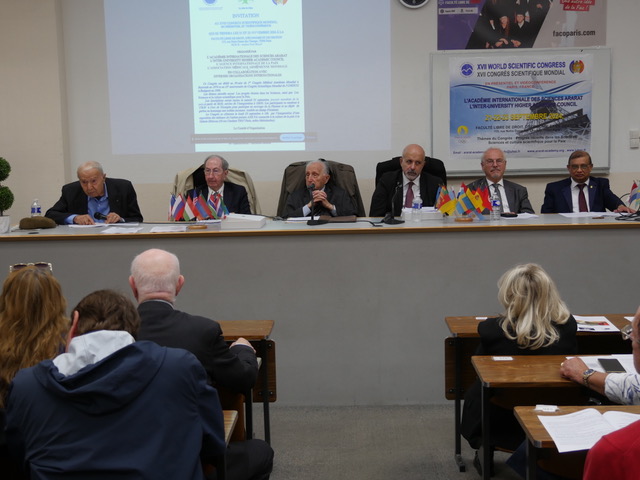
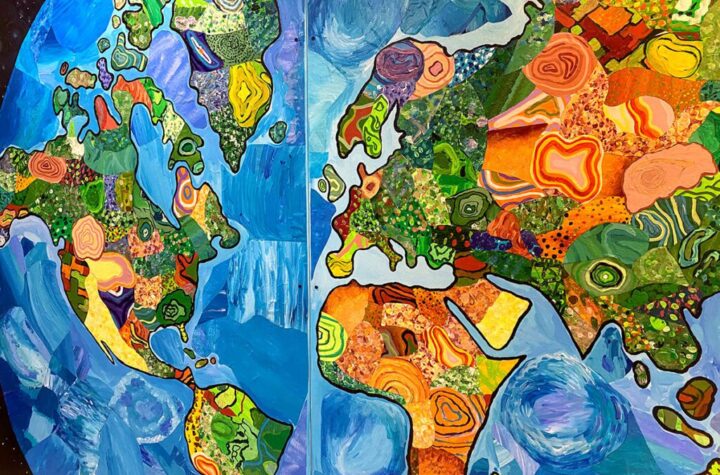
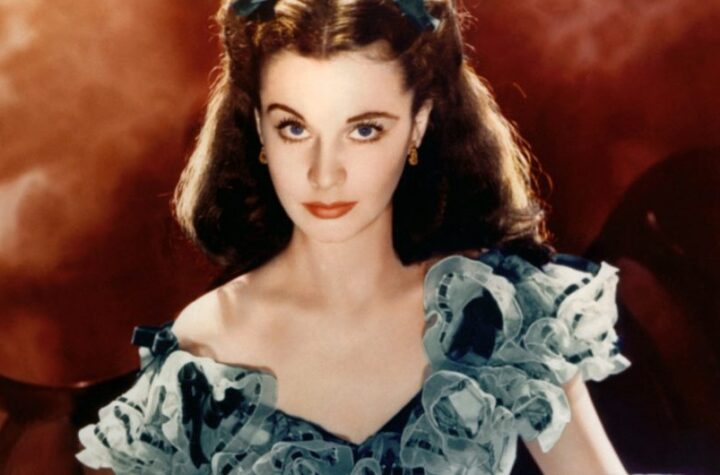
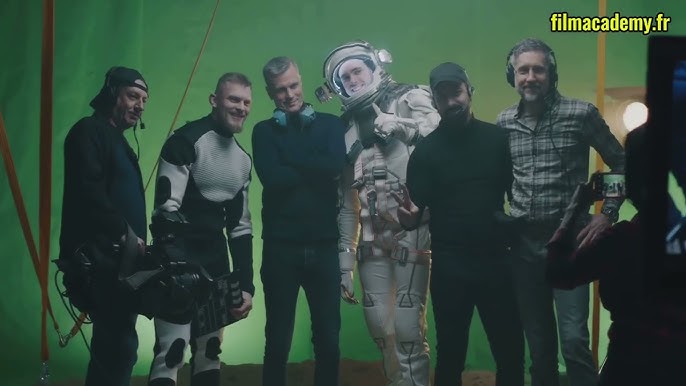
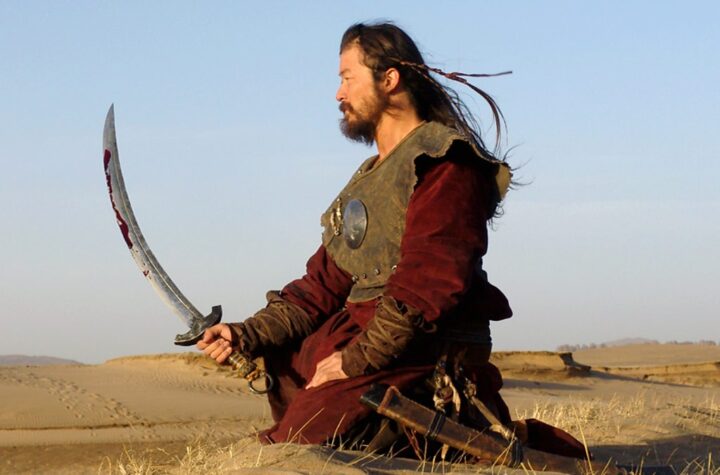
More Stories
WORLD ARTIST FOR PAECE
IUHAC CHARITY : Empowering Communities and Transforming Lives
COMPREHENSIVE HONORARY PHD DEGREE PROGRAM NOW AVAILABLE ACROSS MULTIPLE DISCIPLINES